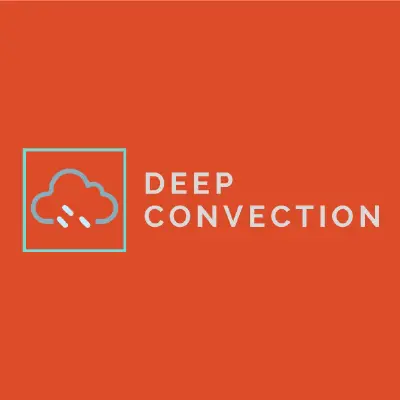August 28, 2023 · 93 min
Bob Kopp’s academic roots lie in the realms of paleoclimate, paleobiology, and ecology. But, inspired by a legacy of public service passed down from his parents, he soon gravitated towards areas where science meets actionable change. Over the course of his career, he has learned to master the dance of blending use-inspired, policy-oriented research with traditional academia.
Today, Bob is a professor in the Department of Earth & Planetary Sciences at Rutgers University, but that role is just one of many hats he wears: He is also Co-Director of the University Office of Climate Action, and he directs the Megalopolitan Coastal Transformation Hub. And as if that weren't enough, he is also a driving force behind the Climate Impacts Lab. This consortium has pioneered an integrated assessment model, which now influences the EPA's estimates of the social cost of carbon—an important metric for assessing climate impacts of federal policies.
As Adam and Bob delve into their conversation, they traverse the challenges and rewards of Bob’s diverse career—from his enriching interdisciplinary postdoc to the Department of Energy, and even to the challenges of today’s climate policy in the US. They touch upon the setbacks, like the Waxman-Markey act's failure, as well as on milestones such as the Inflation Reduction Act.
They also talk about the difficulty and obstacles in doing policy-oriented research while remaining viable as an academic (something that Bob has managed to do to a remarkable degree), and about the importance and undervaluation of boundary workers:
"In this case, the boundary is between researchers who have the science, and policymakers or community members who have decisions they're trying to make, […] like how high we should require houses to be built. You can look at [this problem] from the perspective of the municipal government, or you can look at it from the perspective of sea level scientists. But [...] you need people in the middle who [...] are fluent talking to scientists and who are fluent talking to non-scientists. And who are helping helping the two of them have discussions that can inform the decisions and shape the science that is done."
The interview with Bob was recorded in December 2022. Image credit: Rutgers University
Bob's website at Rutgers University, and his personal website
